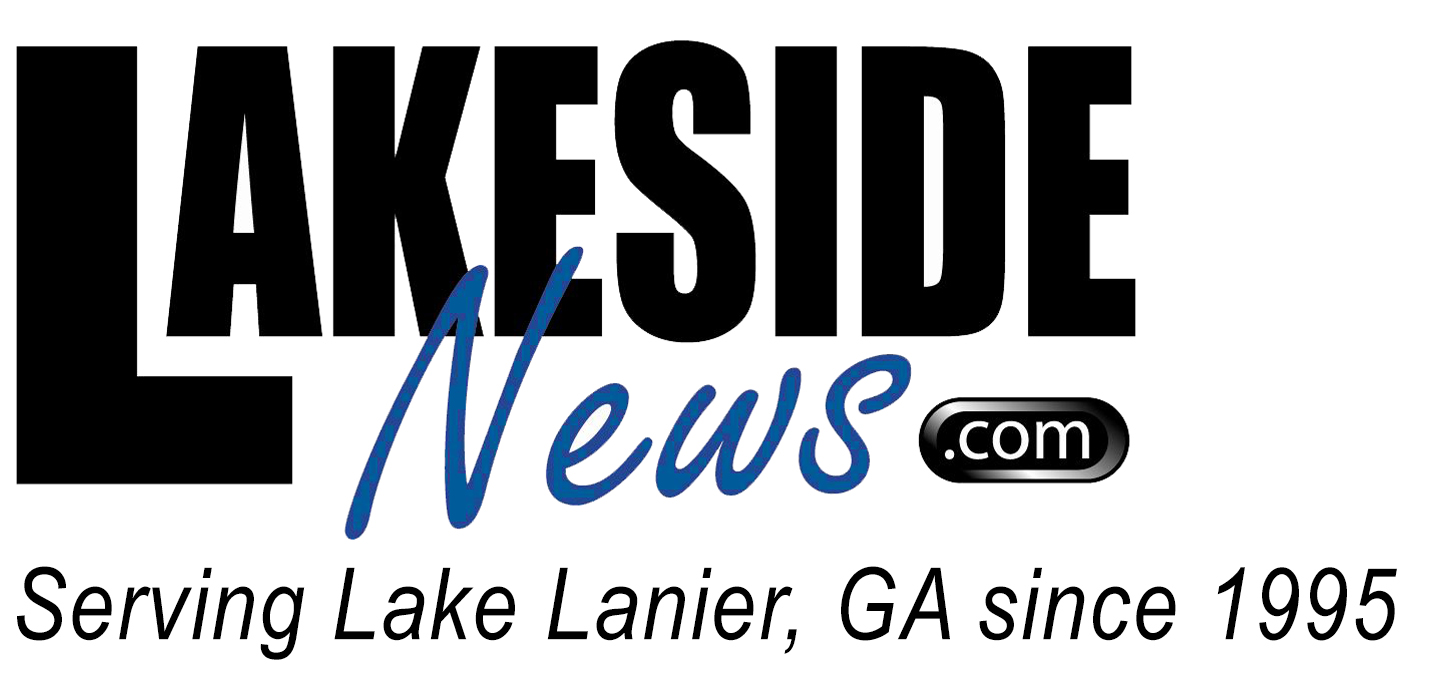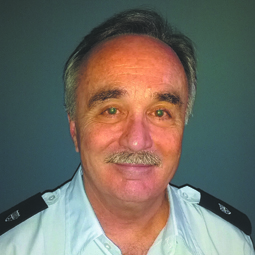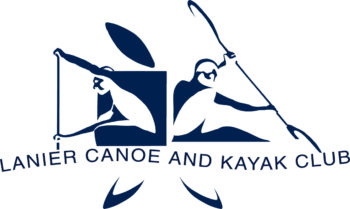The headline contains similar sounding words if you say them fast enough. But with one extra letter and a space in between, that changes everything.
So how are these terms related to boating safety? Each and every watercraft operator, crewmember, and even passengers need to recognize the significant difference between these two interpretations.
“Beware” means to be careful, take heed, and watch out, which are all part of boating safety and primarily used in expectation of a possibly dangerous situation.
“Be Aware” takes the lead in every sense of the word and meaning. It refers to assessing risk, predicting plausible outcomes, and taking corrective steps to prevent a “bad situation” in the first place. Proper boating safety education develops an understanding of what will happen if certain actions are taken, both positive and negative. It all stems from the correct evaluation of the situation. In order to perform that accurately, you should be aware of the scenarios. Wearing a lifejacket is a prime example of this mindset.
There are many factors to consider when it comes to safely operating a watercraft. Sometimes boat operators get caught up in the moment, become distracted, and do not keep the full picture of what is happening around or on the vessel. This element is called “Situational Awareness,” an extremely valuable skill set that comes only with experience and cannot be taught in any standard classroom.
Everything comes down to one moment in time when the decision to take a specific action. It is required by the International Maritime Organization and USCG that certain types of deck watch officers on commercial vessels be evaluated using decision-making assessments called Officer in Charge of a Navigation Watch (OICNW). These full-mission simulations or real-world training exercises provide scenarios for the pilot to make navigation choices on the information they are presented, both electronically and visually.
Each student is measured by their response. It is much preferred to conduct this type of assessment in a controlled setting without hazard to crew, vessel, and environment. This education creates awareness and provides a vivid, emotional example for someone to learn from experience, advancing their capabilities.
If you knew in advance the results of your actions when operating your vessel, would you make them more carefully, and with greater precision? Awareness is the foundation of boating safety education which ultimately benefits all of us that enjoy the water. Contact me to discover more.
Which would you prefer: Beware or Be Aware?
This is a reprinted column that has appeared in Lakeside News.
More info: Steve@CPOJohnson.com, www.cpojohnson.com.




